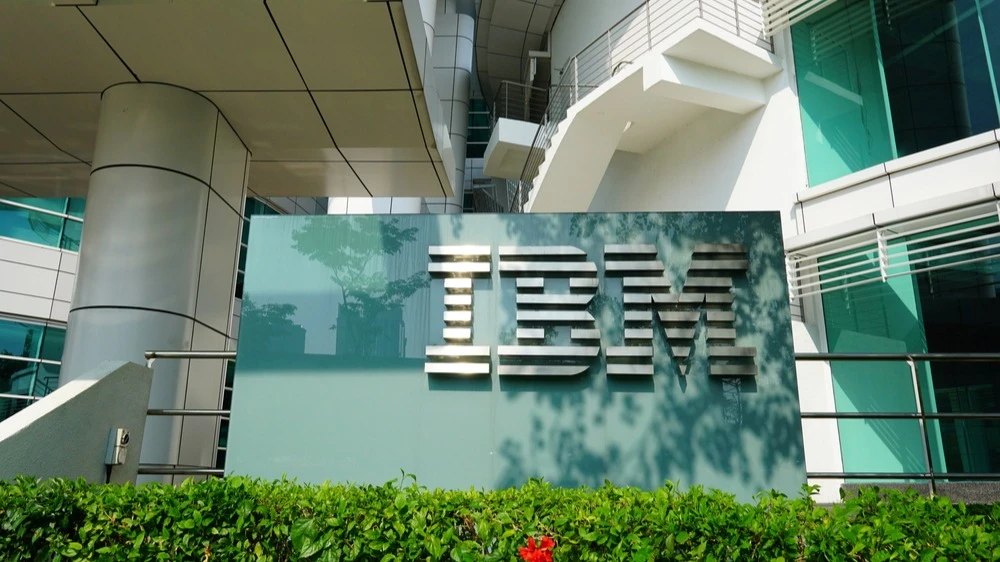Analysts advise buying IBM stock on the decline after the report. The market underestimated it
The reason for the collapse of quotations could be overestimated expectations of investors after the rally in 2025

The collapse of IBM stock prices by almost 8% in a day after the publication of the quarterly report opened an attractive opportunity for entry, according to analysts from Wall Street. Economists from Wedbush, Melius and Bank of America recommended buying shares of the technology giant on the drawdown, betting on the development of AI-direction and cloud solutions of the company. The launch of new hardware and high-margin software products should support IBM's growth in the coming quarters.
Details
Economists at Melius Research see the market's reaction after IBM's report as overreaction and call the drawdown an opportune time to buy, writes MarketWatch. They believe the company is at the start of a new growth cycle: it's launching a new generation of powerful z17 mainframe computers specifically designed for artificial intelligence and cloud environments, and its software and cloud services are gaining momentum with the development of its Red Hat subsidiary and automation tools. "We're buying on drawdown," said Melius.
Wedbush analyst Dan Ives made a similar recommendation (Outperform rating). In his opinion, IBM is well positioned to capitalize on the growing demand for hybrid and AI applications that can drive long-term revenue growth for the company. Ives reiterated a $325 target price on IBM shares and advised clients to buy IBM stock during any impulsive selloffs.
Analysts at Bank of America also maintained a "buy" recommendation on IBM, although they lowered their target price from $320 to $310 because of the company's slowing software revenue growth. BofA believes revenue forecasts for 2025 and 2026 will improve due to the growing contribution of high margin software products.
Why shares of IBM collapsed
On the evening of July 23, IBM reported that its second quarter net income was $2.80 per share. According to data Barron's, the consensus forecast suggested a profit of $2.65. IBM's revenue rose 8% to $17 billion, also beating Wall Street expectations ($16.6 billion). IBM raised its full-year free cash flow guidance from the previous "about" to "more than" $13.5 billion and reaffirmed its 2025 revenue growth estimate of at least 5%.
Despite a generally positive report, IBM shares fell 7.6% in New York trading on July 24, closing at $260.51. The reason for the collapse of quotations could be unreasonably high expectations of investors after long rally, as well as insufficiently strong revenue growth in the key software segment, explained Jefferies analyst Brent Till. According to him, the market was expecting more impressive figures.
Context
IBM has long since pulled out of the consumer market (previously producing PCs, printers, etc.) and focused on developing technology for the enterprise sector. The company's stock returned to all-time highs in September 2024 for the first time in a decade and has been rising ever since amid general investor optimism about the prospects for AI and enterprise software, mentioned Investor's Business Daily. Even after the stock price collapse on July 24 following the release of the financial statement, IBM securities are trading 20% higher than they were at the start of 2025. Over the past 12 months, they have gained 36% in value.
IBM's consensus rating, calculated by FactSet, after the stock's sagging stayed at "above market" (Overweight, consistent with a buy recommendation on the stock). The average target price of $283.29 per share implies an 8.7% upside over the next 12 months.
This article was AI-translated and verified by a human editor
